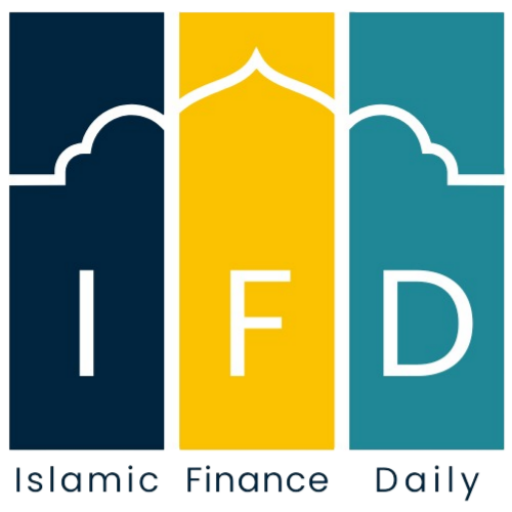Islamic and conventional banks operate on fundamentally different principles, reflecting their distinct philosophical, ethical, and operational foundations. While Islamic banking adheres to Sharia principles that emphasize equity, justice, and social welfare, conventional banking is profit-driven, focusing on wealth maximization. This blog explores the critical differences and their practical implications, supported by real-world examples.
Table of Contents
TogglePhilosophical Foundations: Ethics vs. Profit
Islamic banks are deeply rooted in Sharia law, emphasizing ethical practices, fairness, and social justice. These banks aim to create an equitable financial system by ensuring their operations benefit society. In contrast, conventional banks are primarily concerned with profitability and shareholder returns, often without specific ethical constraints.
Example:
An Islamic bank avoids financing activities like gambling, alcohol production, or other businesses deemed unethical in Islam. Conventional banks, however, may extend loans to such businesses as long as they are legally permitted and financially viable.
The Prohibition of Riba (Interest)
One of the most distinctive features of Islamic banking is the prohibition of riba (interest), which is considered exploitative in Islamic teachings. Instead of charging interest on loans, Islamic banks rely on trade-based contracts and profit-sharing arrangements to generate income. Conventional banks, on the other hand, consider interest a cornerstone of their business model, where profits are derived from the difference between borrowing and lending rates.
Example:
A conventional bank might provide a personal loan with a fixed interest rate of 10%, while an Islamic bank would structure the transaction as a Murabaha, where it buys a commodity or asset and sells it to the customer at a predetermined markup.
Risk-Sharing vs. Risk-Transference
Islamic banking emphasizes risk-sharing between the bank and its clients. Through equity-based contracts like Musharakah (joint ventures) and Mudarabah (profit-sharing), Islamic banks align their success with the success of their clients. Conventional banks, however, operate on a risk-transference model, where borrowers bear all risks while the bank secures fixed returns through interest payments.
Example:
Under a Musharakah agreement, an Islamic bank partners with a business, sharing profits and losses based on their respective investments. Conversely, a conventional bank offers loans where repayment, with interest, is required regardless of the business’s performance.
Asset-Backed Financing vs. Debt-Based Financing
Islamic banks ensure that all financial transactions are tied to tangible assets or services, aligning with the real economy. This approach discourages excessive speculation and promotes stability. Conventional banks, however, primarily use debt-based financing, often relying on credit instruments that may have no direct link to physical assets.
Example:
In an Ijarah (lease-to-own) agreement, an Islamic bank purchases an asset, such as a house, and leases it to the customer until ownership is transferred. In contrast, a conventional mortgage involves lending money to the customer with interest accruing over the repayment period.
Emphasis on Social Responsibility and Ethical Investments
Islamic banking is grounded in the principle of Maqasid al-Sharia (objectives of Islamic law), which prioritizes investments that promote social welfare and community development. Projects funded by Islamic banks often have a direct positive impact on society. Conventional banks, however, tend to focus on investments with the highest potential returns, regardless of their social or ethical implications.
Example:
Islamic banks may finance the construction of hospitals, schools, or renewable energy projects to benefit communities. Conversely, conventional banks might prioritize investments in industries like tobacco or high-risk speculative ventures if they promise higher returns.
Non-Permissible Activities in Islamic Banking
Islamic banks operate with strict adherence to Sharia principles, avoiding activities considered haram (prohibited), such as gambling (maysir), excessive uncertainty (gharar), and dealing in non-halal products. This ensures that their financial activities remain ethical and transparent. Conventional banks are not restricted by these principles and may engage in such activities if they are legally permissible.
Example:
An Islamic bank would not invest in speculative derivatives markets due to the high levels of uncertainty involved, whereas a conventional bank might actively participate in such markets to maximize profits.
Governing Principles and Regulatory Framework
Islamic banks are regulated by Sharia supervisory boards, which include scholars who ensure all products and services comply with Islamic principles. This additional layer of oversight distinguishes them from conventional banks, which follow local financial regulations but do not necessarily consider ethical or religious guidelines.
Example:
Before launching a new financial product, an Islamic bank requires approval from its Sharia board. Conventional banks, on the other hand, focus solely on meeting regulatory requirements set by financial authorities.
Conclusion
The differences between Islamic and conventional banks highlight their contrasting approaches to finance and ethics. Islamic banks prioritize fairness, risk-sharing, and ethical practices rooted in Sharia law, while conventional banks are driven by profitability and interest-based models. Understanding these distinctions helps individuals and businesses make informed financial decisions that align with their values and beliefs.



